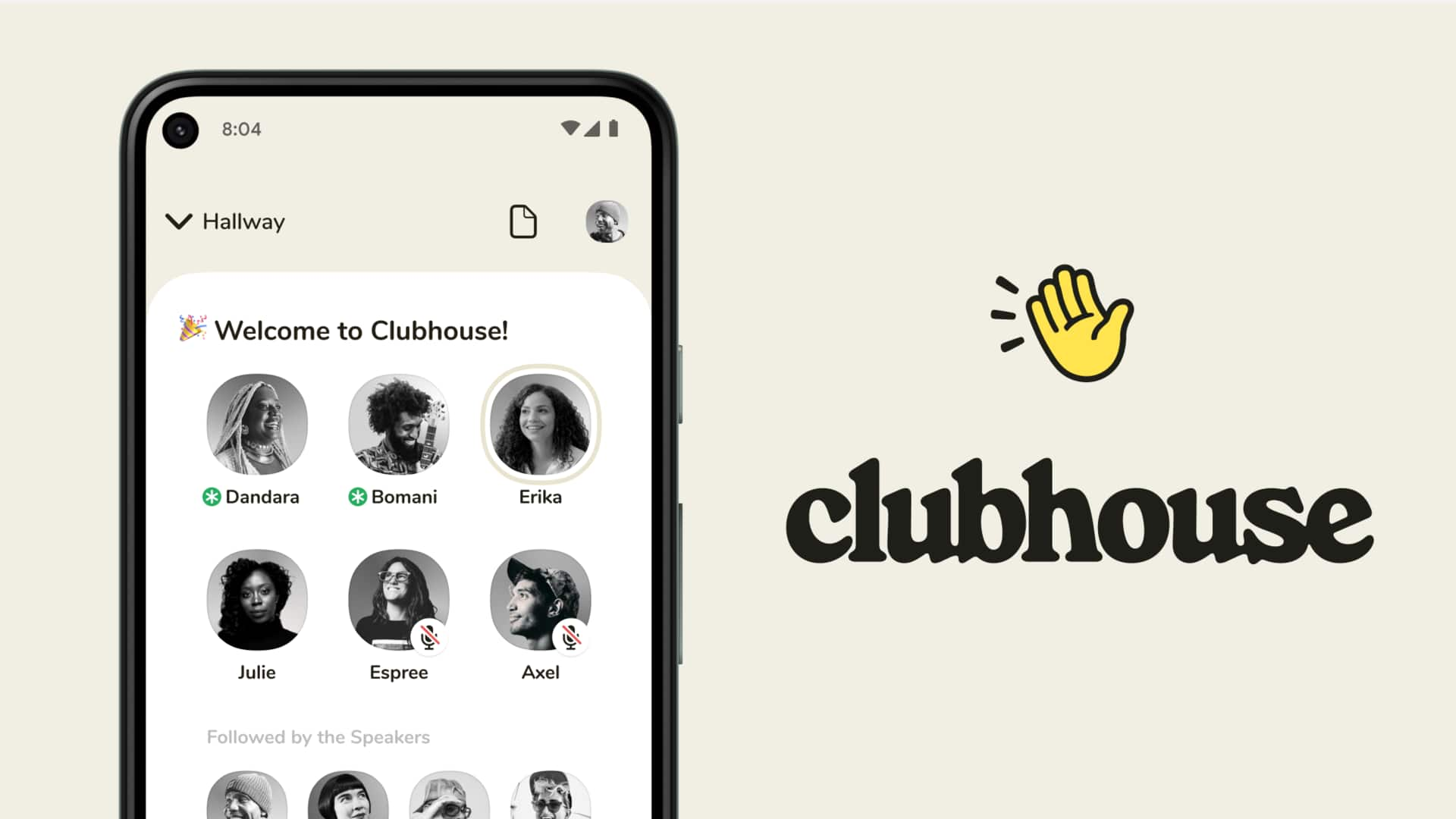
Clubhouse is 'resetting' by firing over 50% employees: Here's why
What's the story
Clubhouse exploded into the scene during the pandemic when people felt socially isolated. The social audio app provided users with a virtual getaway from their COVID-stricken reality. The company has now decided to "reset" itself by laying off over half of its workforce. The decision is not unsurprising, but let us see what led the firm to this.
Context
Why does this story matter?
Launched in 2020, Clubhouse was not popular until early 2021. When the pandemic forced people to stay away from each other, Clubhouse provided a solution—virtual rooms. However, as we have seen from the struggles of tech giants, pandemic success is not sustainable for a variety of reasons. And that is exactly what happened to Clubhouse as well.
Layoff
Clubhouse said it is not under pressure to cut costs
In an email shared by the company, Clubhouse co-founders Paul Davison and Rohan Seth informed employees about their decision to scale back the organization by 50%. Pressure to reduce costs is something we have heard about in every post-pandemic layoff. However, the Clubhouse co-founders said they are under "no immediate pressure" to cut costs. Then why are they terminating roles?
Post-COVID
People began losing interest as the world returned to normal
Once valued at $4 billion, Clubhouse began losing ground in the latter part of 2021 as the world started opening up. The app saw a marked decline in interest in 2022, which still continues. What led to this decline? As you can imagine, once people started returning to a 'normal' life, they gradually lost interest in the virtual rooms Clubhouse offered.
Evolution
Clubhouse needs to evolve: Co-founder
In the blog post, the Clubhouse co-founders said it has become "harder for people to find their friends on Clubhouse and to fit long conversations into their daily lives" in the post-COVID era. According to them, the app needs to "evolve" to find a place in this world. They said they could not accomplish this "effectively" with the current team size.
Remote
Remote work made it difficult to evolve the product
One of the main reasons cited by the co-founders for streamlining their operations is remote work. Being remote made it difficult for them to "communicate the strategy to cross-functional teams" or make quick changes. "The end result is that it's hard for teams to coordinate, people feel blocked by us, and brilliant, creative people are left underutilized," they said.
Clubhouse 2.0
The company will focus on Clubhouse 2.0
The company's vision is 'Clubhouse 2.0,' and it believes a "small, leaner team" is what it needs now. It is not clear what exactly is Clubhouse cooking up. Last year, Davison mentioned moving to private rooms and intimate conversations. The app can still find its place in a different world. And Clubhouse confirmed it has "years of runaway remaining."